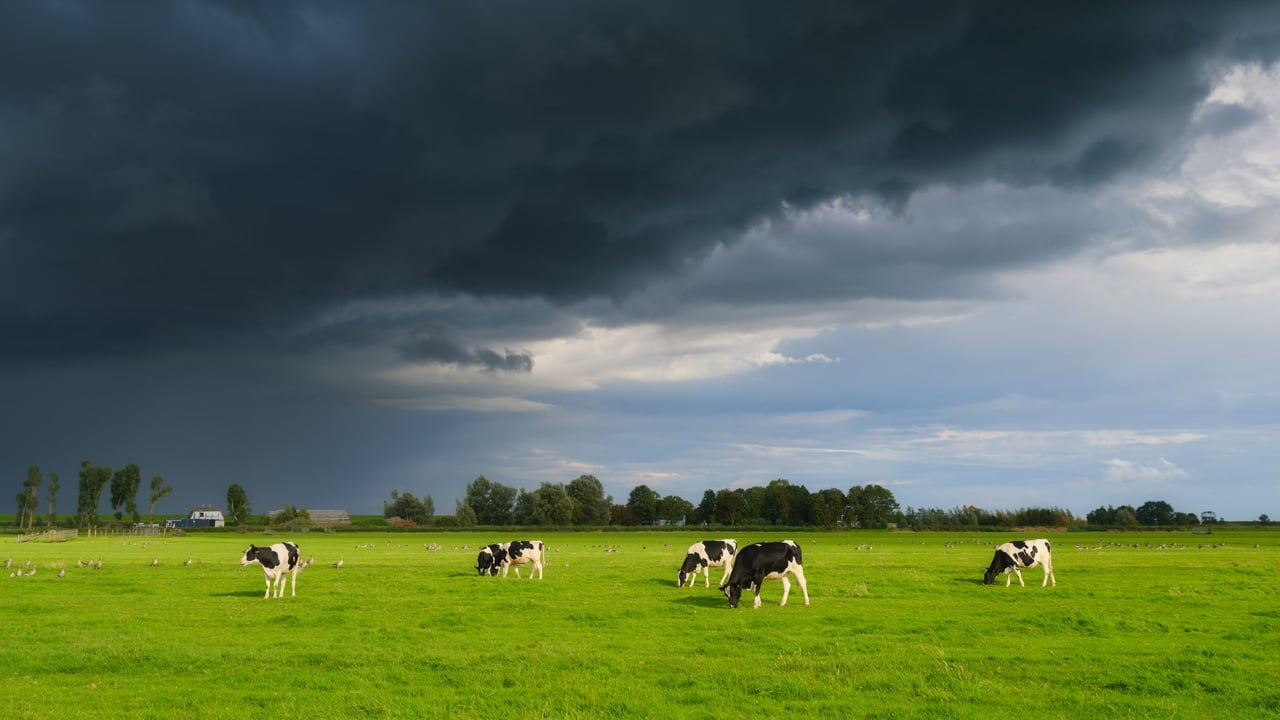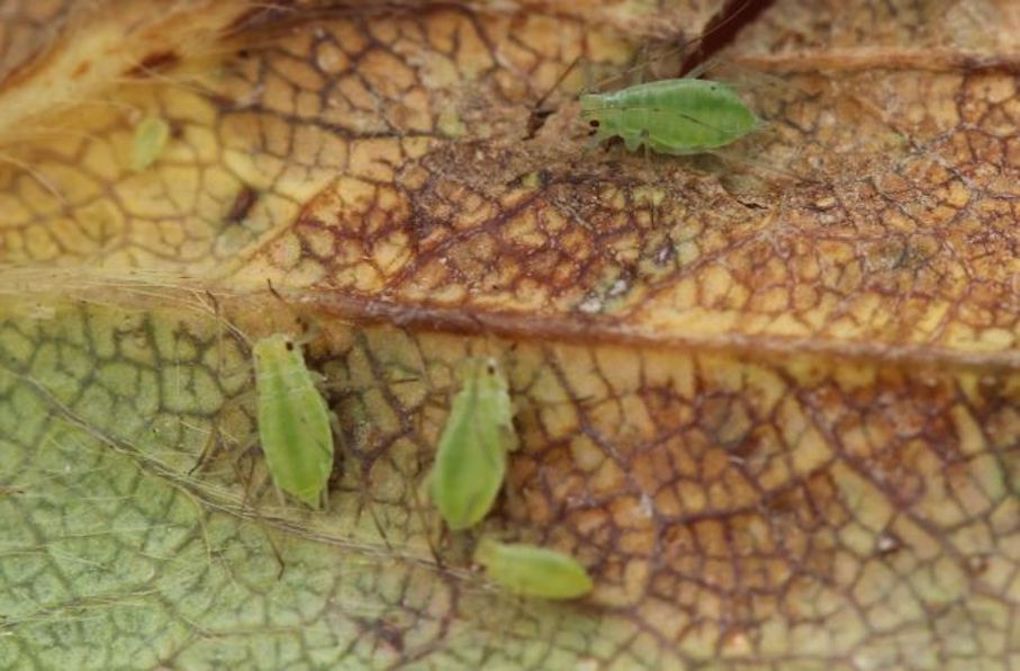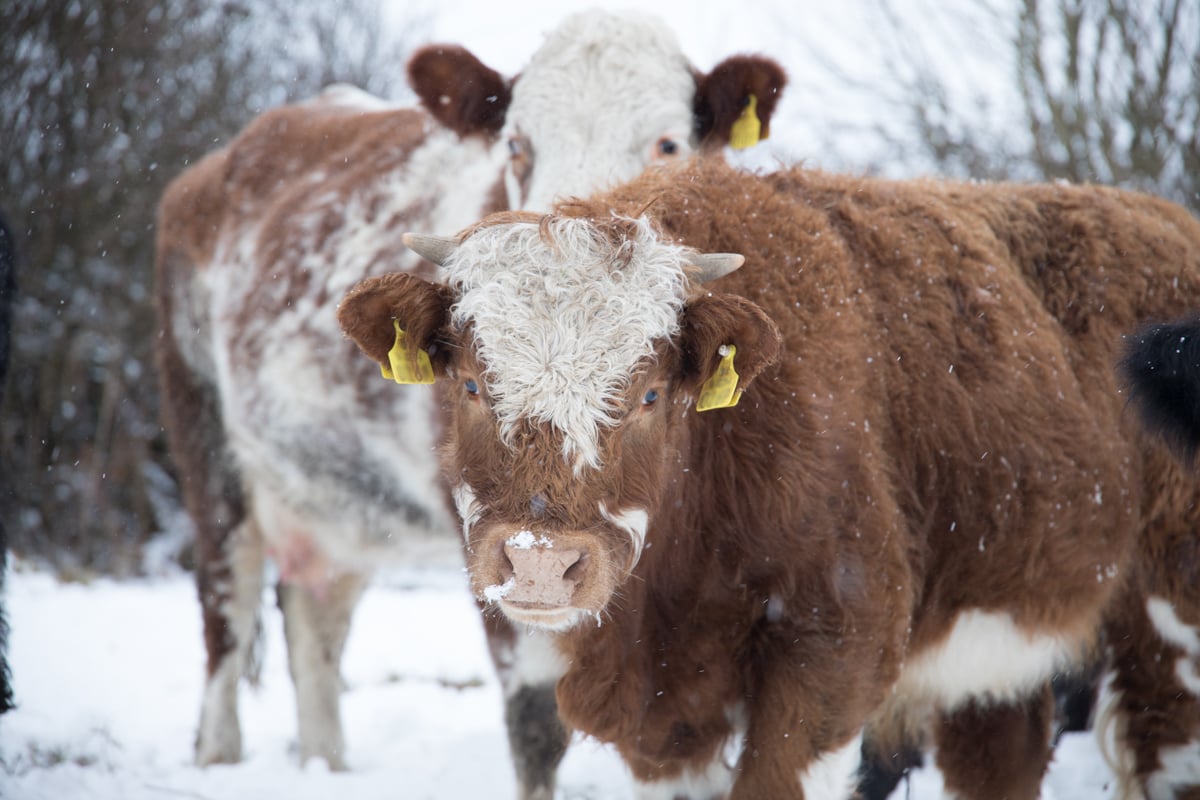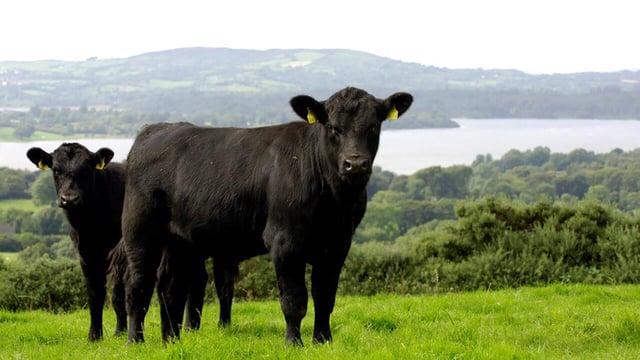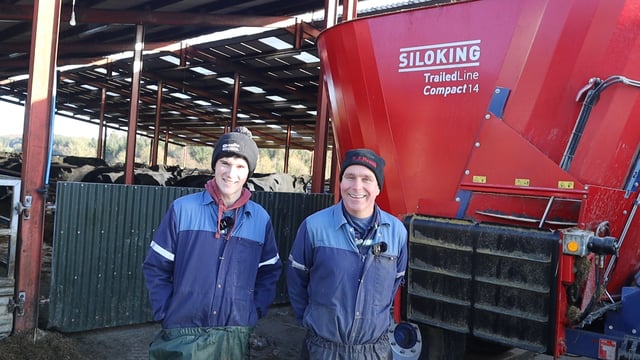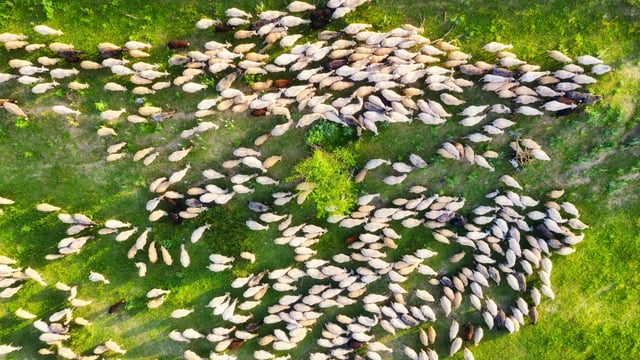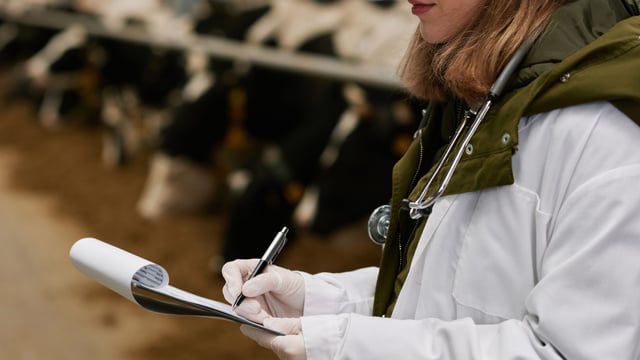Opinion: Irish farming is so dependent on the weather
The changing fortunes of the weather represent a totemic heartbeat for Irish agriculture, with every day bringing a new perspective on the subject.
So, one could argue that the recent cold snap should be seen as a good news story for farming.
Those of us who are old-fashioned in terms of our outlook will be of the view that the weather so far this autumn has been far too mild.
For instance, once the temperature drops, the pests and disease that can impact on both livestock and crops tend to take a hit.
Pest and disease control
The issue of Barley Yellow Dwarf Virus (BYDV) in autumn-sown cereal crops is a case in point.
This is a disease, which uses aphids as a transmission vector, that can wipe 1t/ha and possibly more off wheat and barley yields.
The reality is that high autumn temperatures encourage aphids to migrate. And if they happen to be carrying the BYDV virus, cereal crops will be impacted accordingly.
But it is not all bad news where this disease is concerned.
BYDV-tolerant barley varieties are now available - another excellent example of just how effective modern plant breeding programmes can be.
Cold snaps also stops grass from growing while killing off diseases that have built up in swards over the summer and early months.
And, again, this is an inherently good thing.
Where livestock are concerned, a drop in temperature will always improve ventilation levels in all sheds.
This is an absolute necessity, particularly where freshly weaned suckled calves and young stock of all kinds are concerned.
Winter prospects
So are we in for a cold winter with lots of snow?
It is still far too early to tell. The trend over recent years has been for relatively mild winters.
But whether we buy into climate change or not, we know from living memory that savagely bitter winters have not been relegated to the history books just yet.
The winter of 2010 was a case in point. And then we had the Beast from the East in the early spring of 2018.
It is always worth noting that farmers will always come to the aid of neighbours and the likes of stranded motorists when the weather takes a turn for the worst with heavy snow and or floods.
It is a also a reality that farmers are totally dependent on the weather when it comes to managing their crops and livestock.
This is an issue that the general public should never forget. The food that we all enjoy has been the result of a hard-fought battle on the part of farmers to produce it in the first place.
Moreover, this will always be the case.

